Ukraine's leaders have made a new move by wanting to invite Russia to the second peace conference. Although Russia-Ukraine "peace" is difficult to imagine because the core interests of the two sides are still far apart, Kiev's actions more or less open up the opportunity for negotiations to find a way out of the conflict.
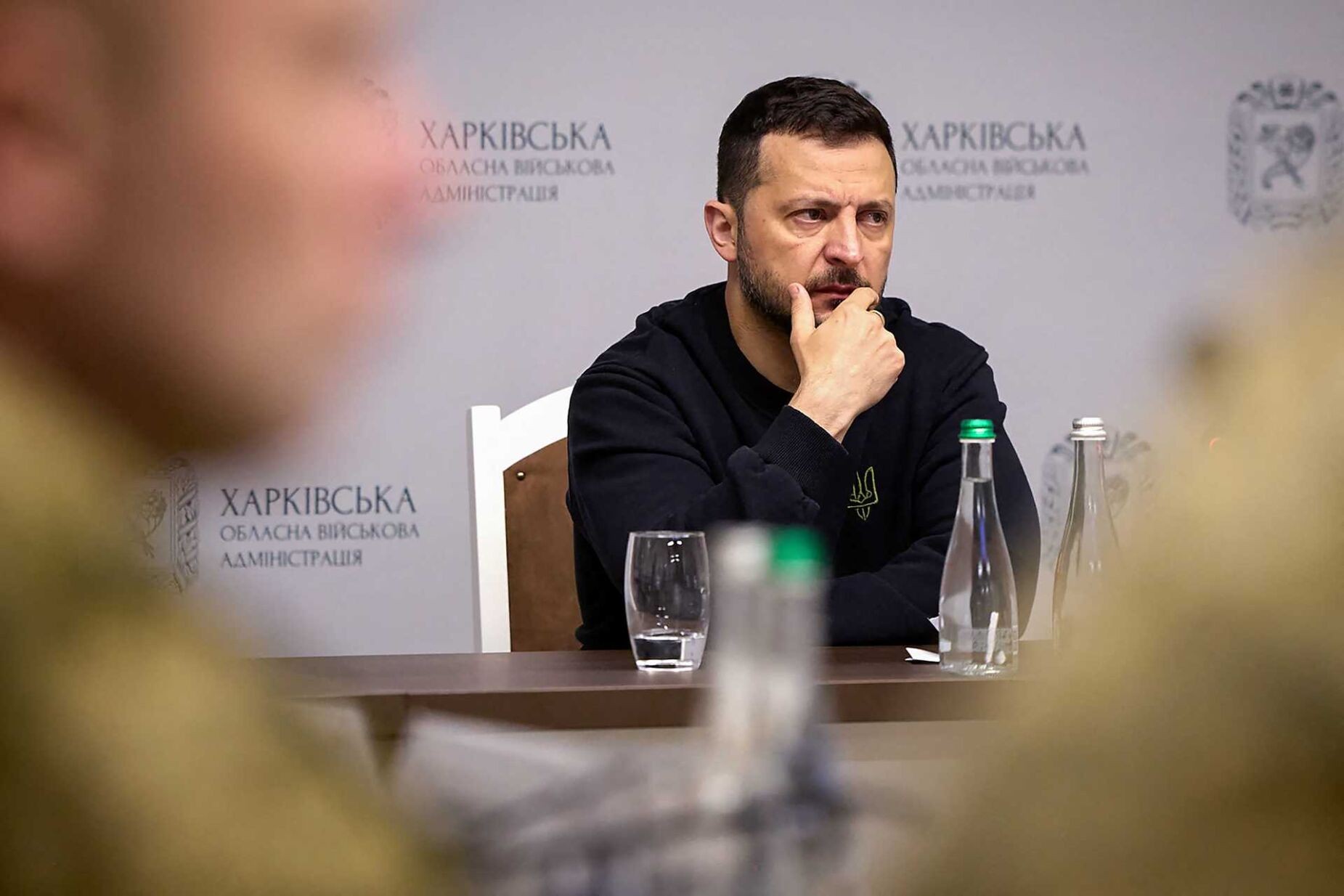 |
| Ukrainian President Volodymyr Zelensky wants to invite Russia to attend the second Ukraine Peace Summit to be held in November. (Source: AP) |
"Fight and talk" strategy
After two years of not being interested in negotiating with Russia due to the failure of informal talks in Turkey in the spring of 2022, as well as not inviting Moscow to attend the Peace Summit for Ukraine in Switzerland last June, now Ukrainian President Volodymyr Zelensky wants to invite Russia to attend the second summit, scheduled to be held next November.
Is Kiev trying to "fight and negotiate" in its conflict with Russia?
For the first time, President Zelensky “softened his tone”. Speaking at a press conference on July 15, when mentioning the peace conference, the Ukrainian leader said that there should be the participation of “Russian representatives” without setting any preconditions, such as requiring Moscow to withdraw from the territories it controls.
For his part, speaking at a press conference at the United Nations on July 17, Russian Foreign Minister Sergei Lavrov stated that the peace agreement in Ukraine will have to take into account new realities, including the recognition of newly annexed territories into Russia.
In addition, the head of the Russian Foreign Ministry also asked the West to stop supplying weapons to Kiev before starting negotiations.
The first Ukraine peace summit did not produce concrete results, other than commitments to stand by and support the Eastern European country. According to analysts, this is understandable because Russia was not present and many of Moscow's partners did not attend either.
In just one month, the political situation in key pro-Ukrainian countries has been shaken in Kiev’s favor. France has been in political crisis since the elections to the National Assembly in early July. No decision on aid to Ukraine will be made until at least the end of the Paris Olympics.
Furthermore, the European Union (EU) has a new European Parliament (EP) with the far-right, which opposes aid to Kiev, holding more seats.
The United States has just experienced a "shock" after the assassination attempt on former President Donald Trump. Mr. Trump was officially nominated by the Republican Party to run for president, with an almost absolute majority of votes. His choice of young Senator JD Vance of Ohio as his vice presidential running mate clearly shows his intention to "break away" from the policy of generous aid to Ukraine.
Furthermore, at the Munich Security Conference last February, Senator Vance flatly opposed military aid to Kiev and argued that Europe should not rely on Washington to defend the continent.
Incumbent US President Joe Biden, a strong supporter of Ukraine, is facing calls to withdraw from the White House race due to his health condition.
The question now is how long can the West continue to support Ukraine in such a crisis? Some analysts, quoted by AP on July 16, said that “the next 2-3 months could very well be the most difficult months of the year for Ukraine.”
A "peace" that is difficult to imagine
Ukraine needs 25 Patriot air defense systems to protect its entire airspace, but will soon receive only four systems from the US and its allies.
Ammunition stocks that are depleted also need time to be replenished, while weapons and equipment are factors that help Kiev resist somewhat on the ground.
During the six months that the US delayed aid, Russia opened another front in the Kharkov region in northeastern Ukraine, while maintaining pressure in the Donetsk region in the east and Zaporizhia in the south.
On July 15, when asked about the Ukrainian President's statement, US State Department spokesman Matthew Miller reiterated that "if they (Ukraine) want to invite Russia to a summit, we (the US) will support them."
The Kremlin has not officially responded, but according to observers, it is now difficult to imagine a peace scenario because the conditions proposed by Moscow and Kiev are too different.
Ukraine lacks in many ways, but Russia has not been able to make any significant inroads on the ground at the moment. Kiev also has many strengths that could hinder Moscow. The Eastern European country is said to have a large volunteer army and a resilient civil society.
In addition, the Ukrainian army is reforming its military according to the standards of the North Atlantic Treaty Organization (NATO), aiming to increase flexibility and develop a stronger army.
In addition, the country has a growing, incredibly innovative public and private defense industry, developing advanced naval drones, unmanned land vehicles, and drones that can both carry explosives and shoot down targets.
As for the situation on the ground, it can be assessed that 2024 will be the year Ukraine defends against Russian attacks in Donbass, Kharkov and other places.
However, with new Western and Ukrainian weapons, including long-range missiles and jets, and regular mobilization of additional personnel, Ukraine could be ready to launch a counteroffensive by 2025.
Source: https://baoquocte.vn/lan-dau-tien-tong-thong-ukraine-diu-giong-voi-nga-my-noi-ung-ho-cuc-dien-xung-dot-sap-xoa-van-279161.html



![[Photo] Nhan Dan Newspaper Youth Union visits Vietnam Military History Museum](https://vstatic.vietnam.vn/vietnam/resource/IMAGE/2025/3/25/374e4f70a35146928ecd4a5293b25af0)


![[Photo] Prime Minister Pham Minh Chinh meets with the Ministry of Education and Training; Ministry of Health on the draft project to be submitted to the Politburo](https://vstatic.vietnam.vn/vietnam/resource/IMAGE/2025/3/25/c0e5c7348ced423db06166df08ffbe54)
![[Photo] Head of the Central Propaganda and Mass Mobilization Commission Nguyen Trong Nghia received the delegation of Nhan Dan Daily](https://vstatic.vietnam.vn/vietnam/resource/IMAGE/2025/3/25/cdb71275aa7542b082ec36b3819cfb5c)
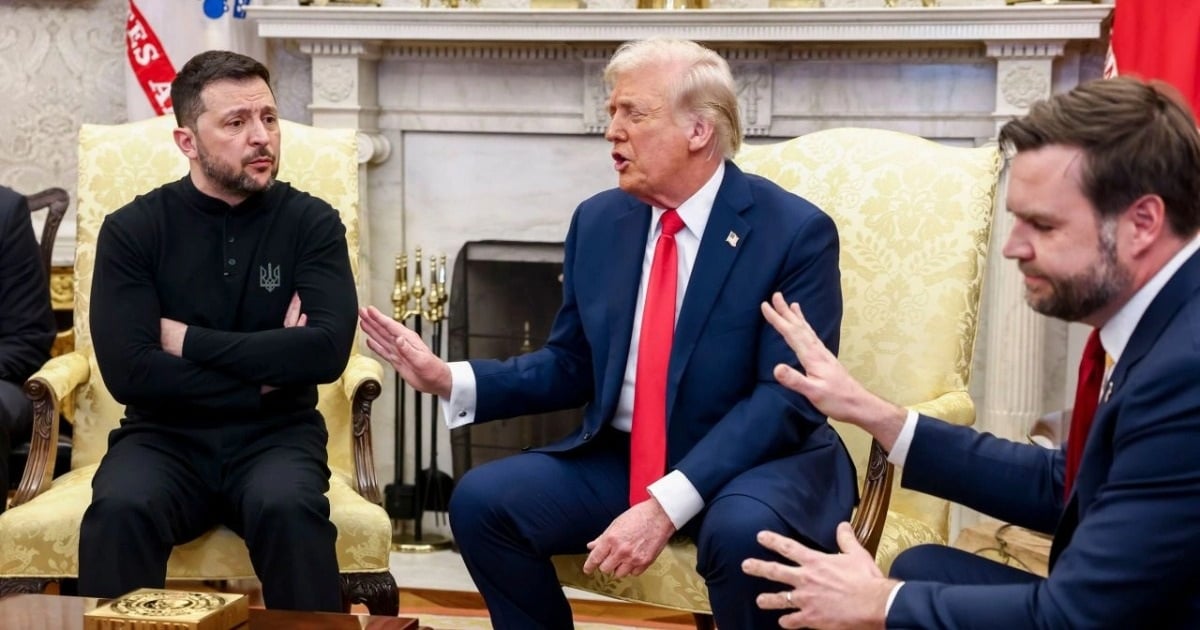

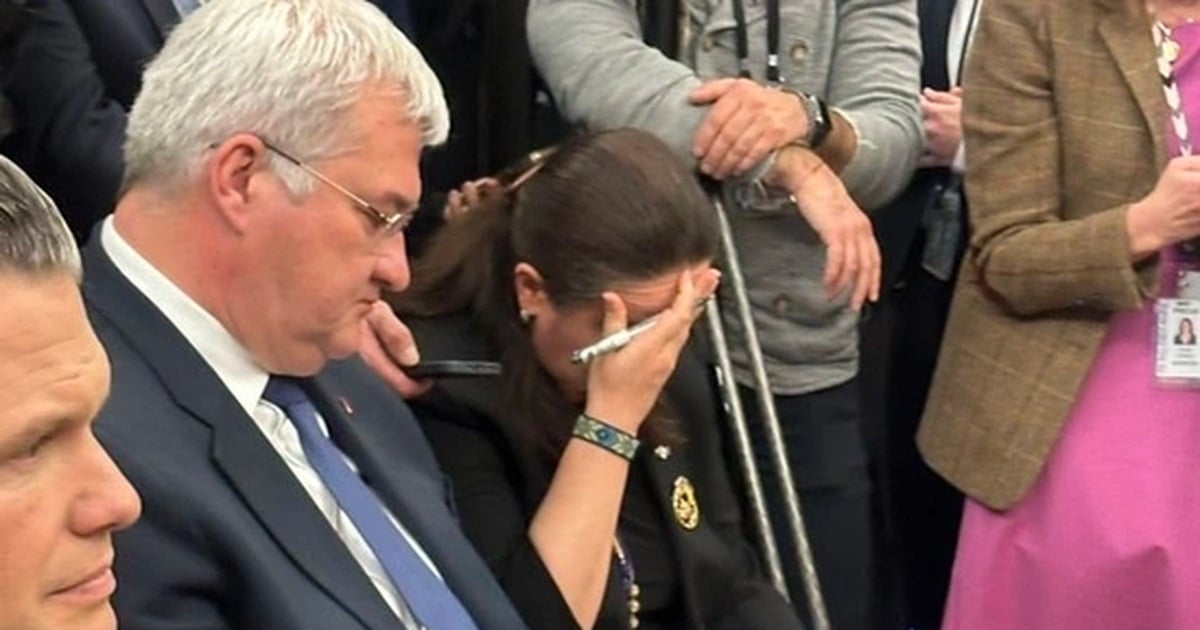
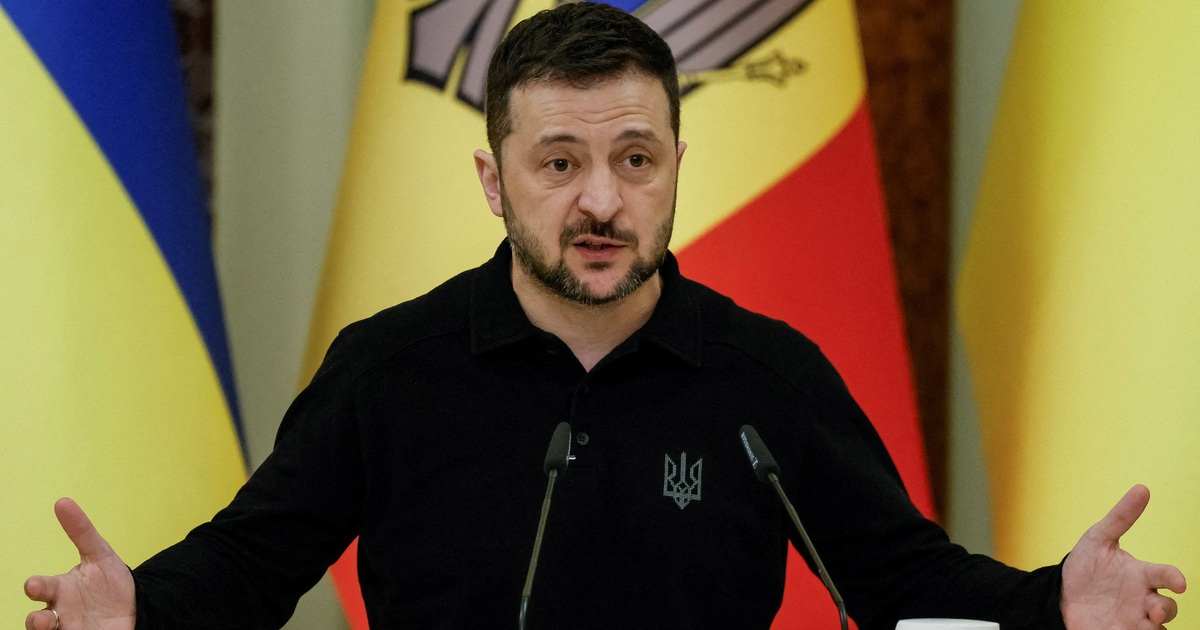

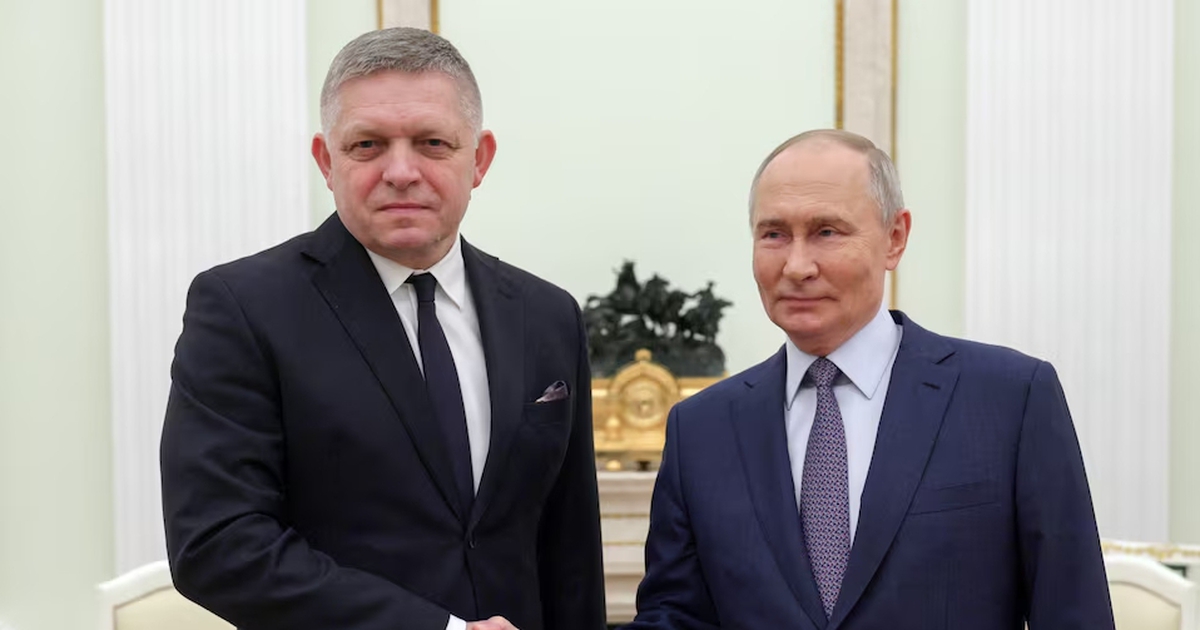
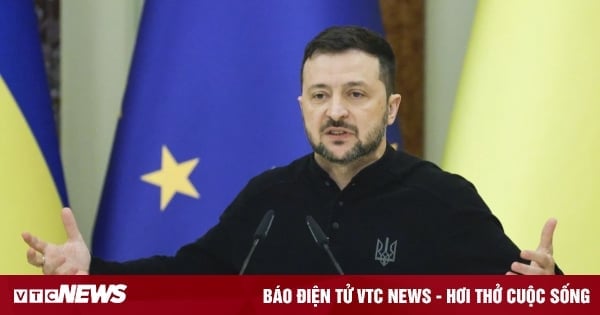

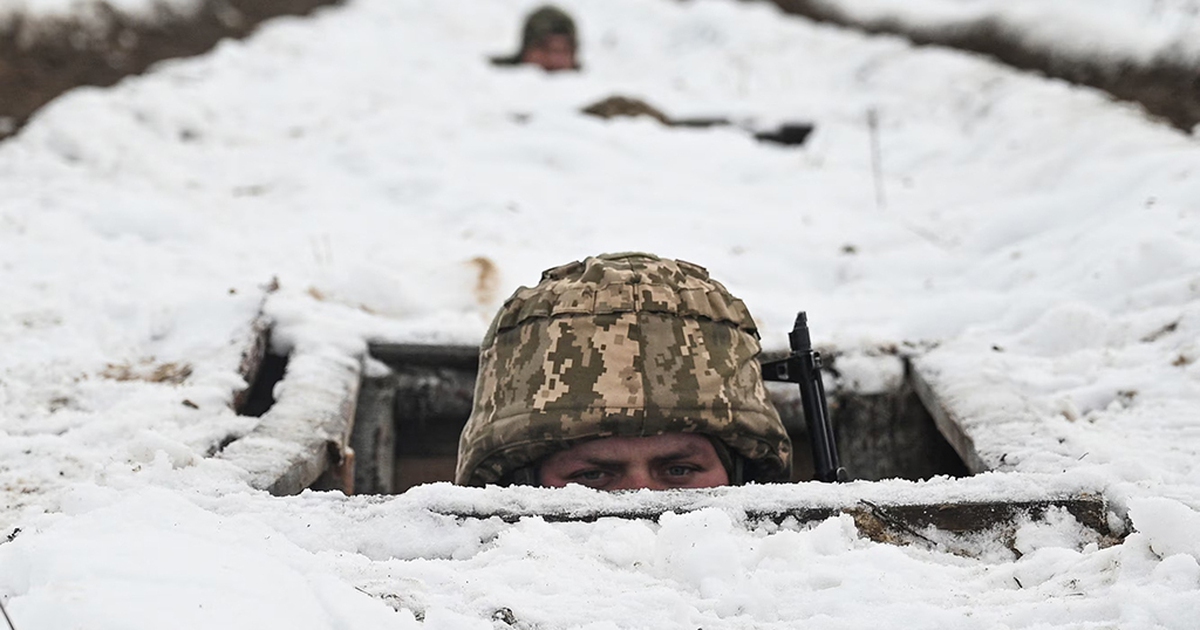
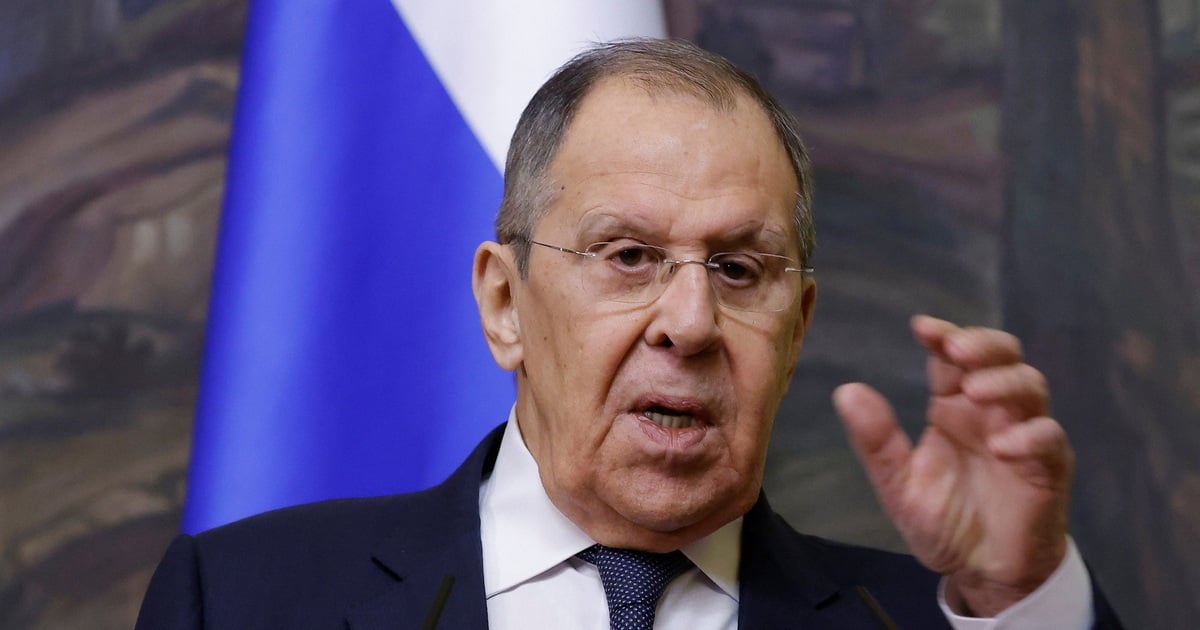
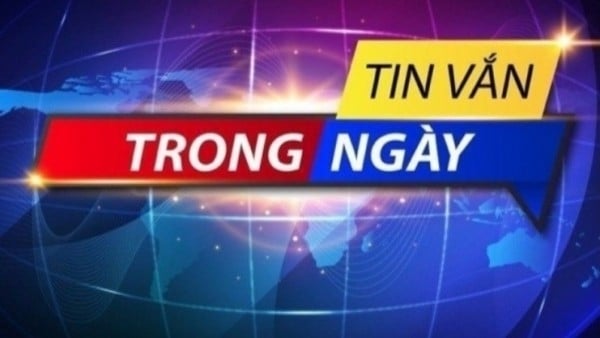

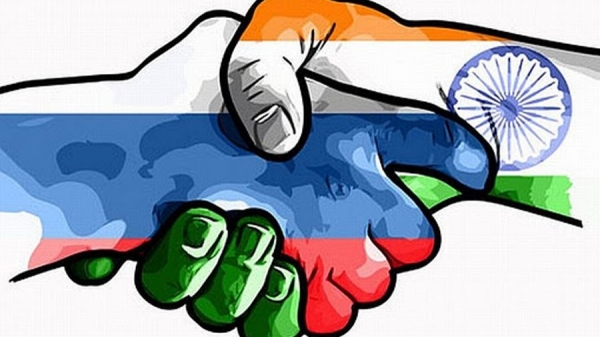
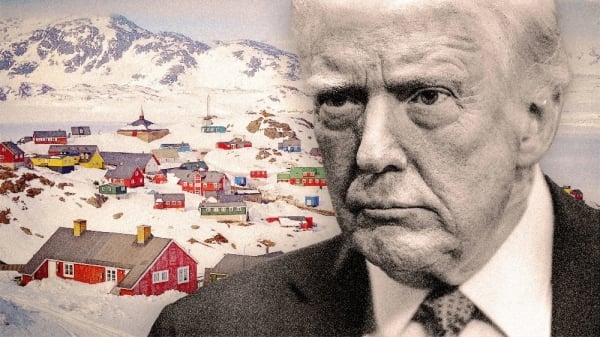
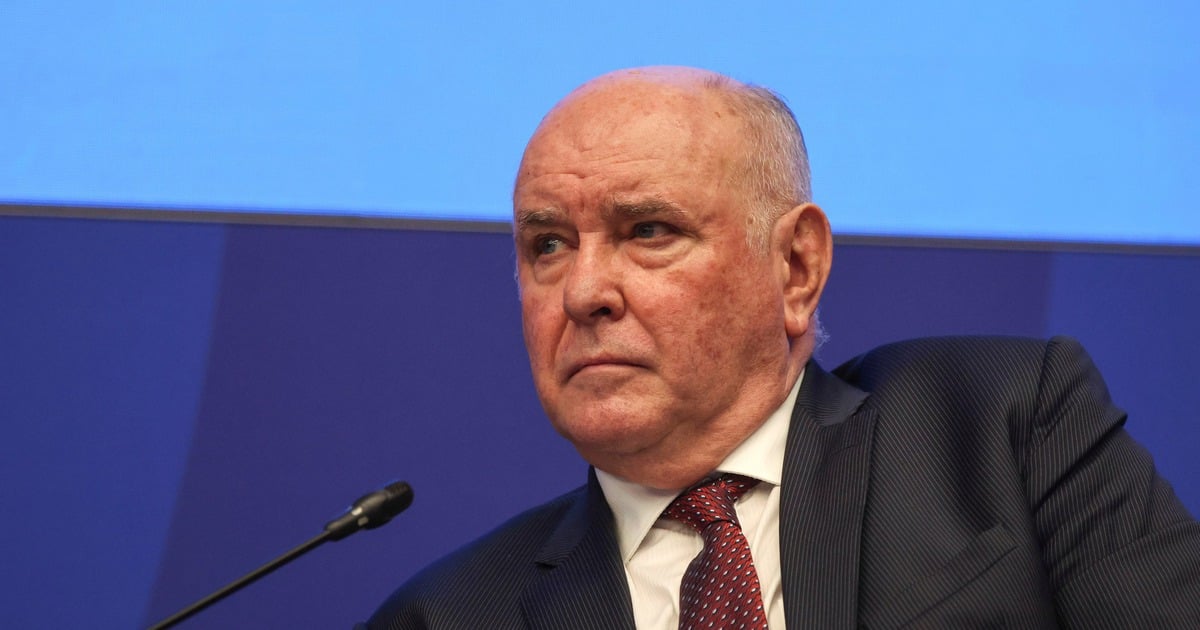

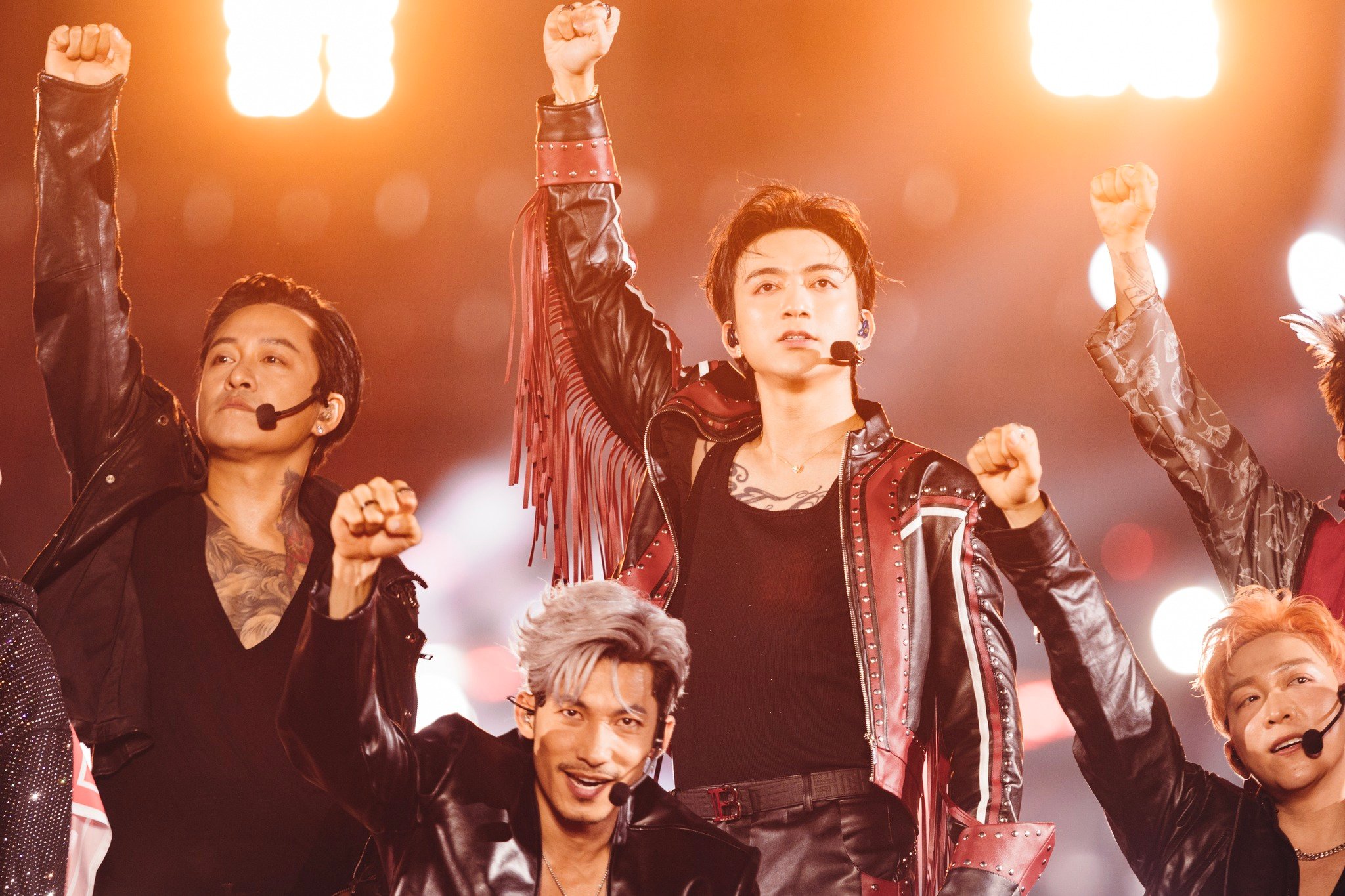
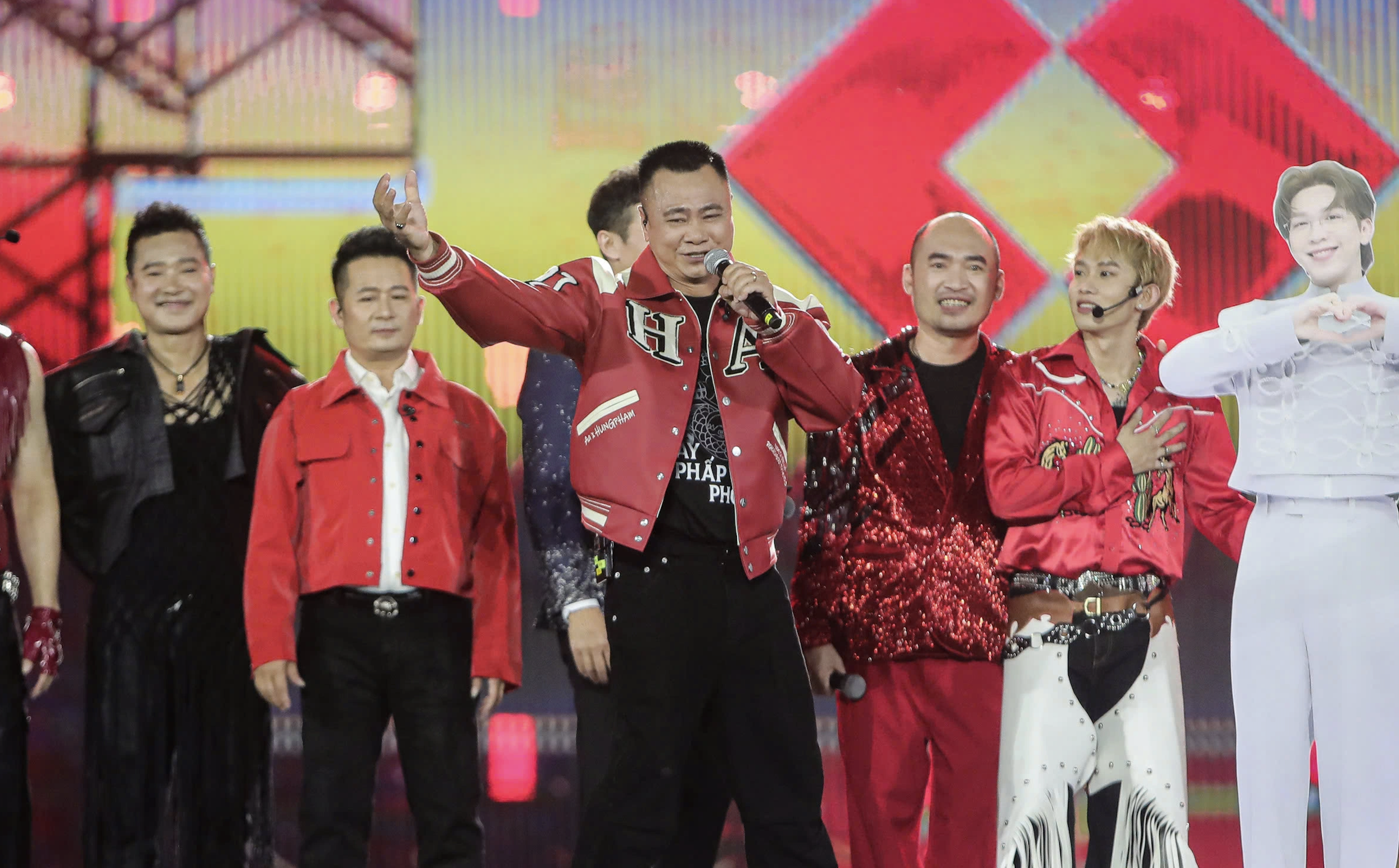

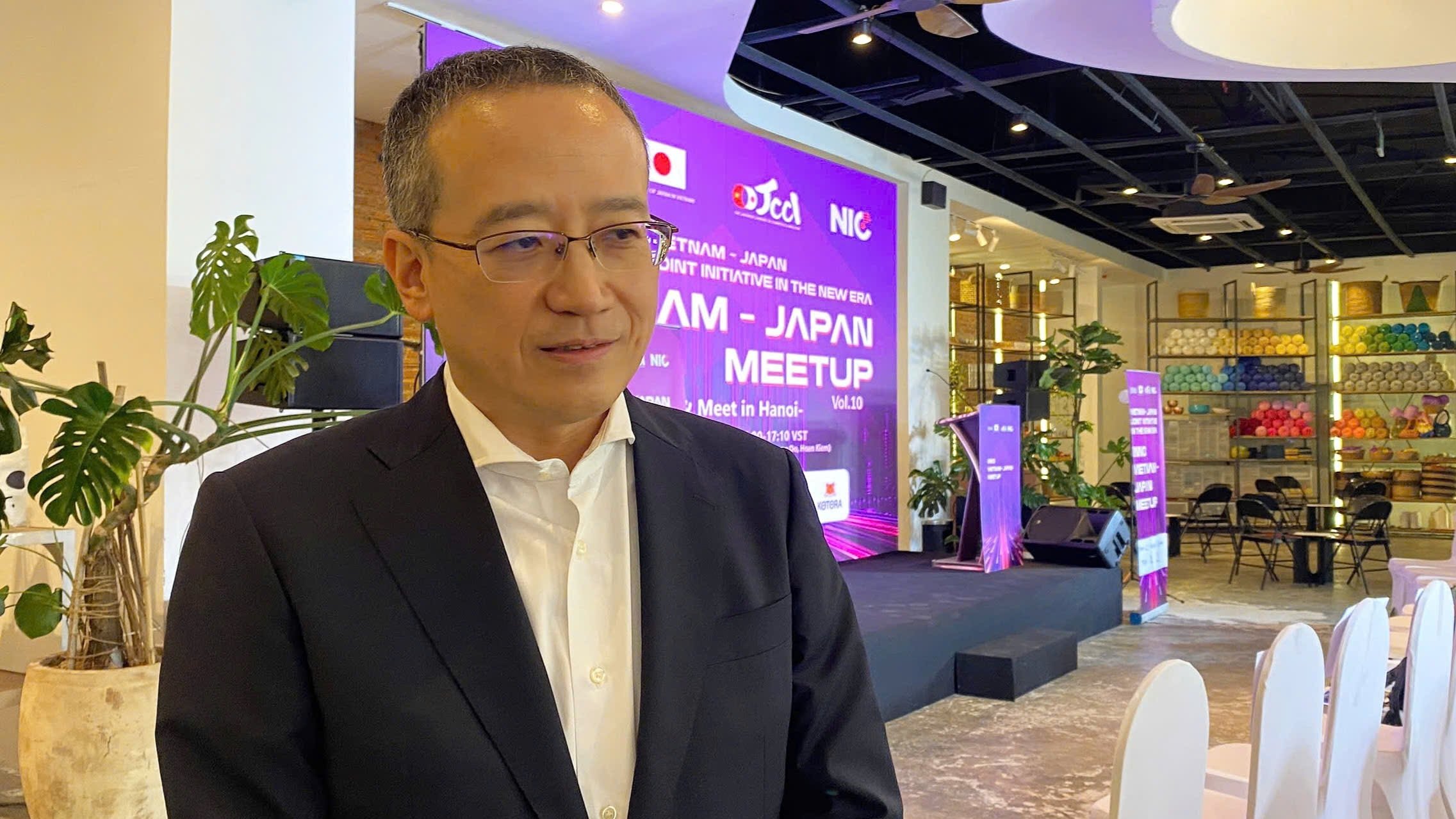
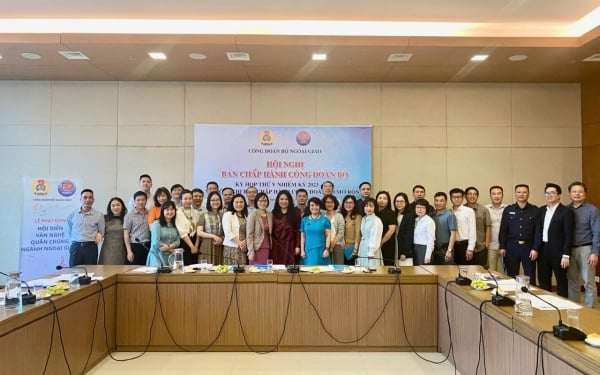
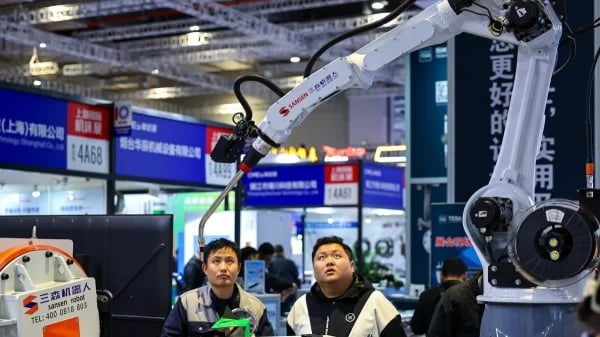
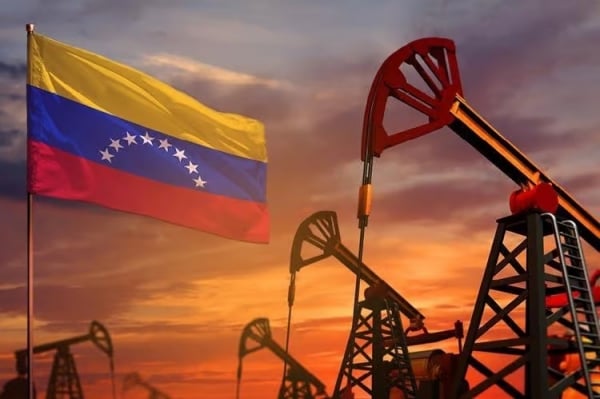
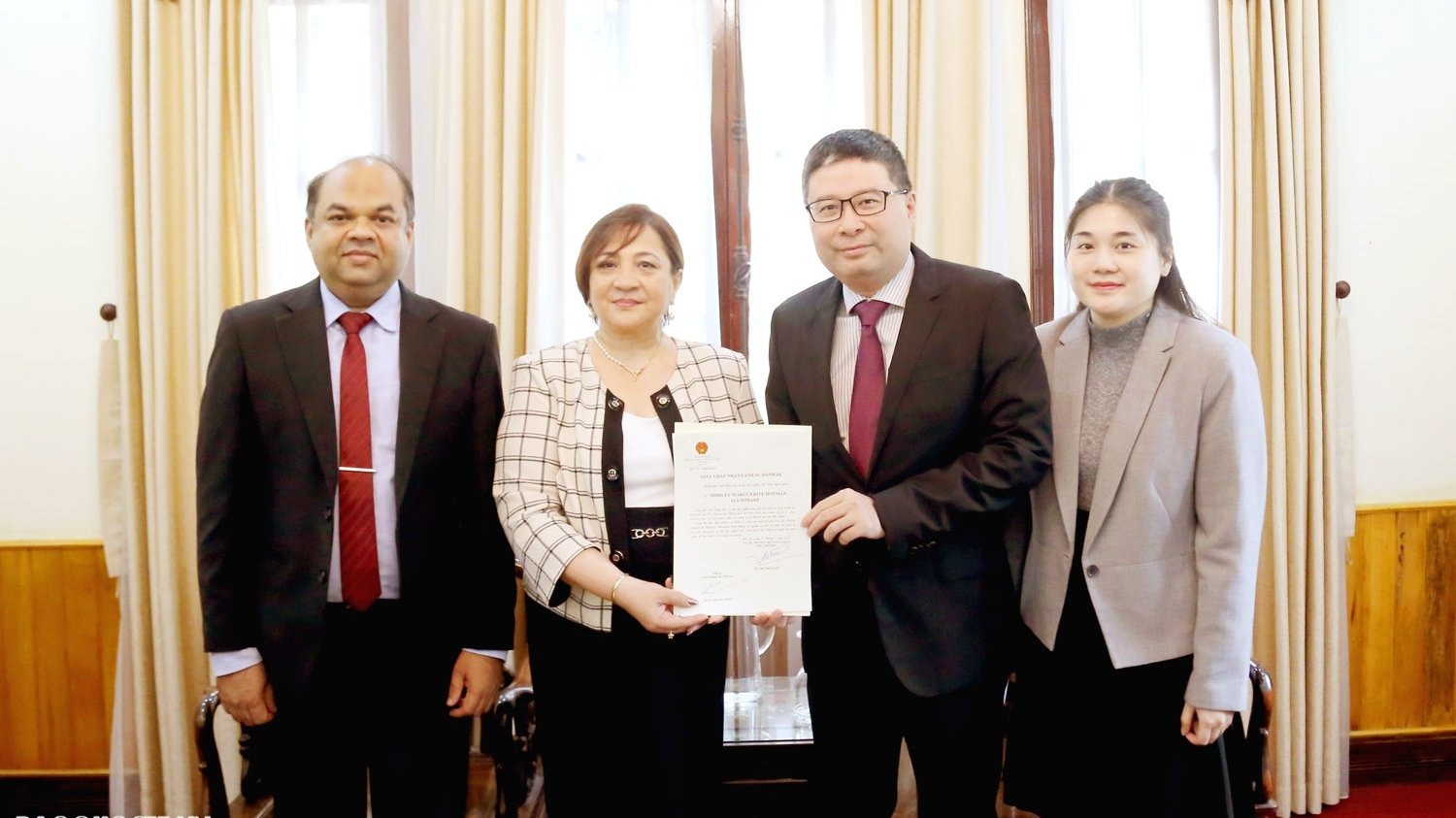

![[Photo] General Secretary To Lam chairs the Standing Meeting of the Central Steering Committee on preventing and combating corruption, waste and negativity](https://vstatic.vietnam.vn/vietnam/resource/IMAGE/2025/3/25/839ea9ed0cd8400a8ba1c1ce0728b2be)











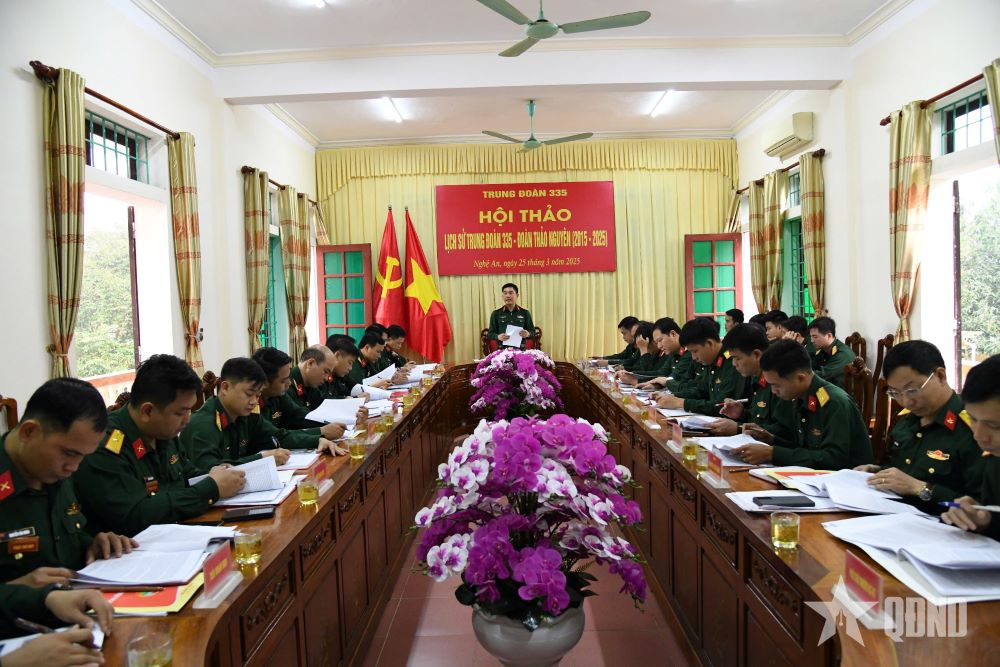

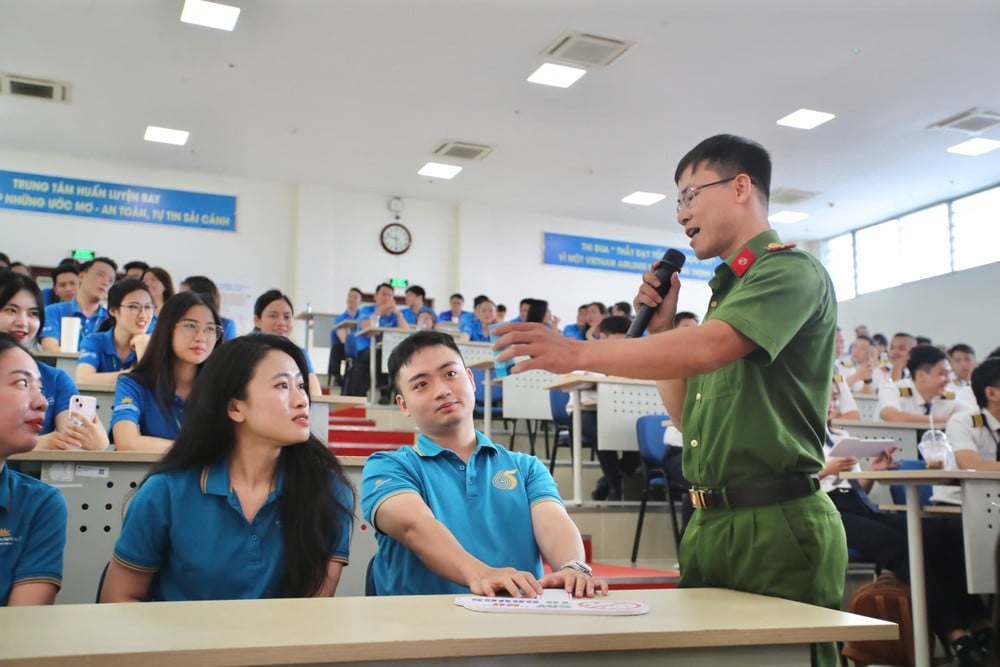

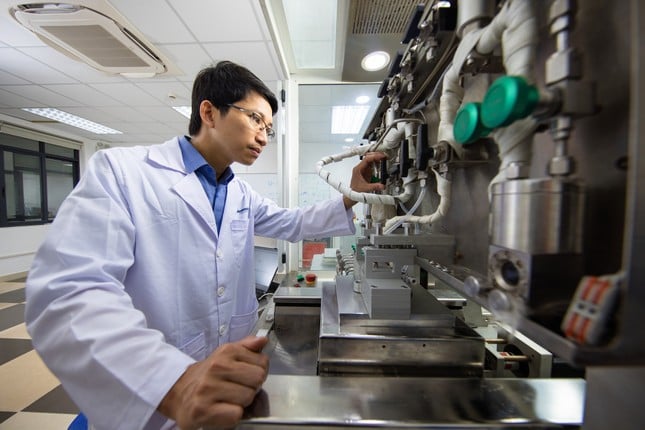


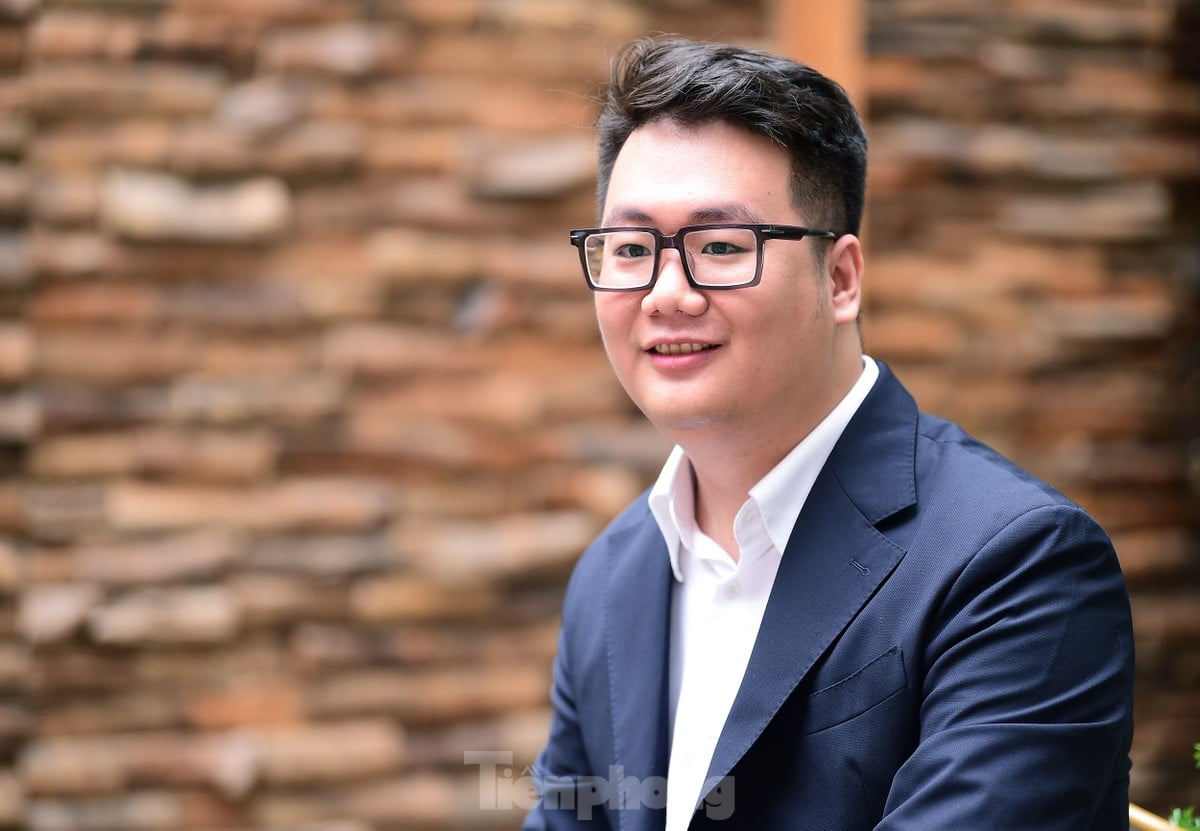
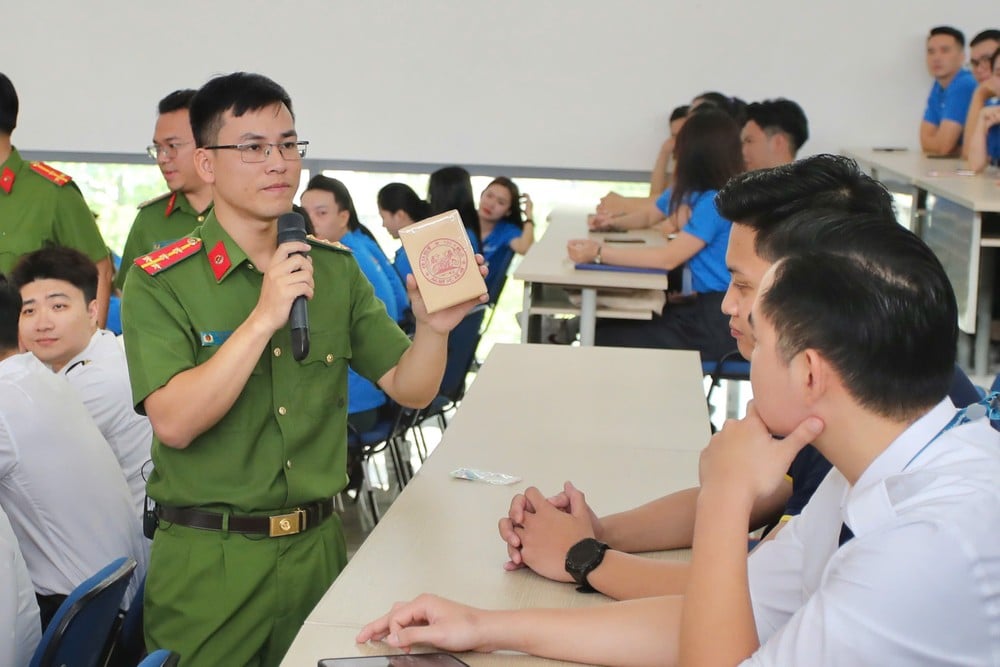






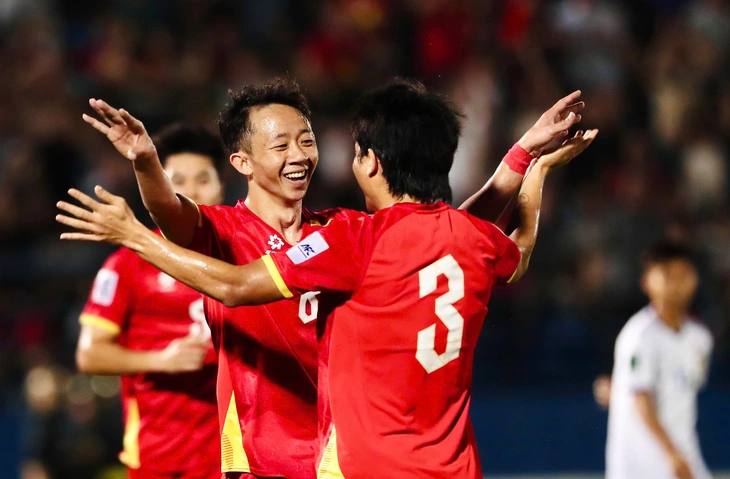

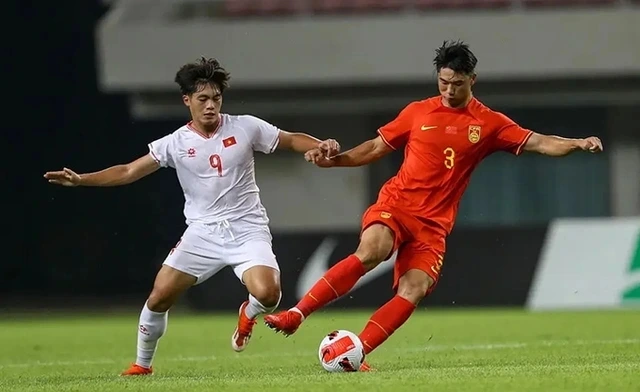
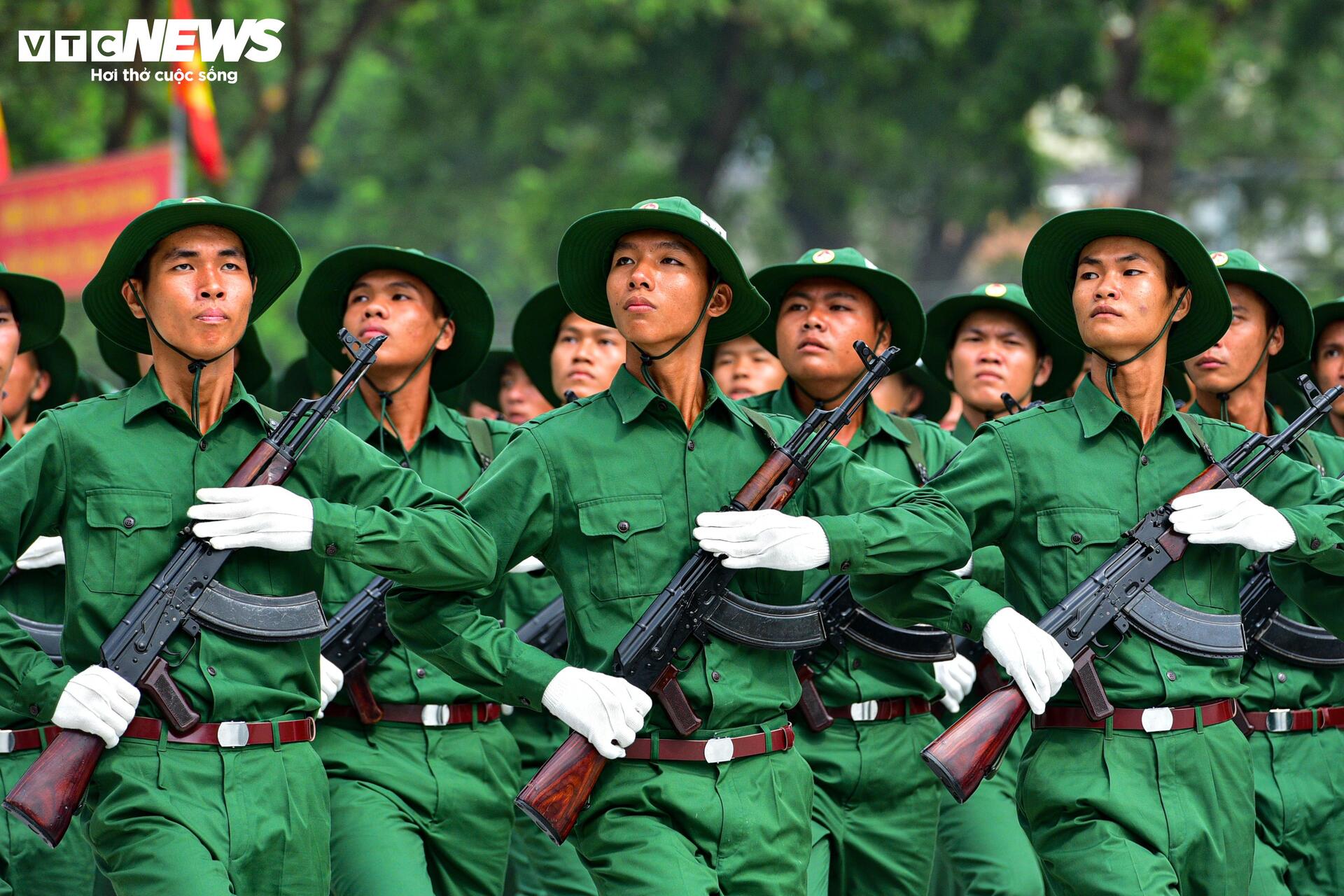

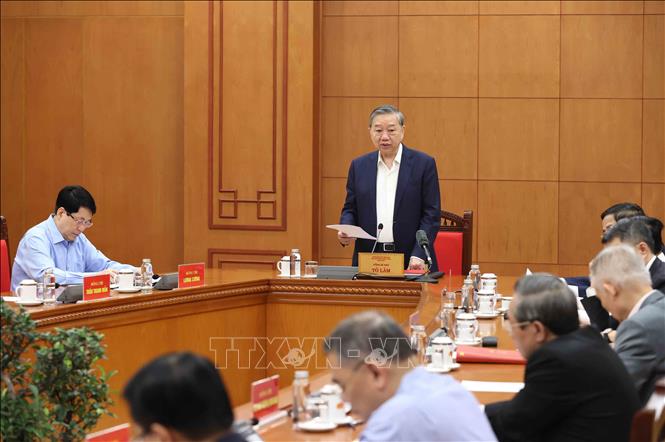

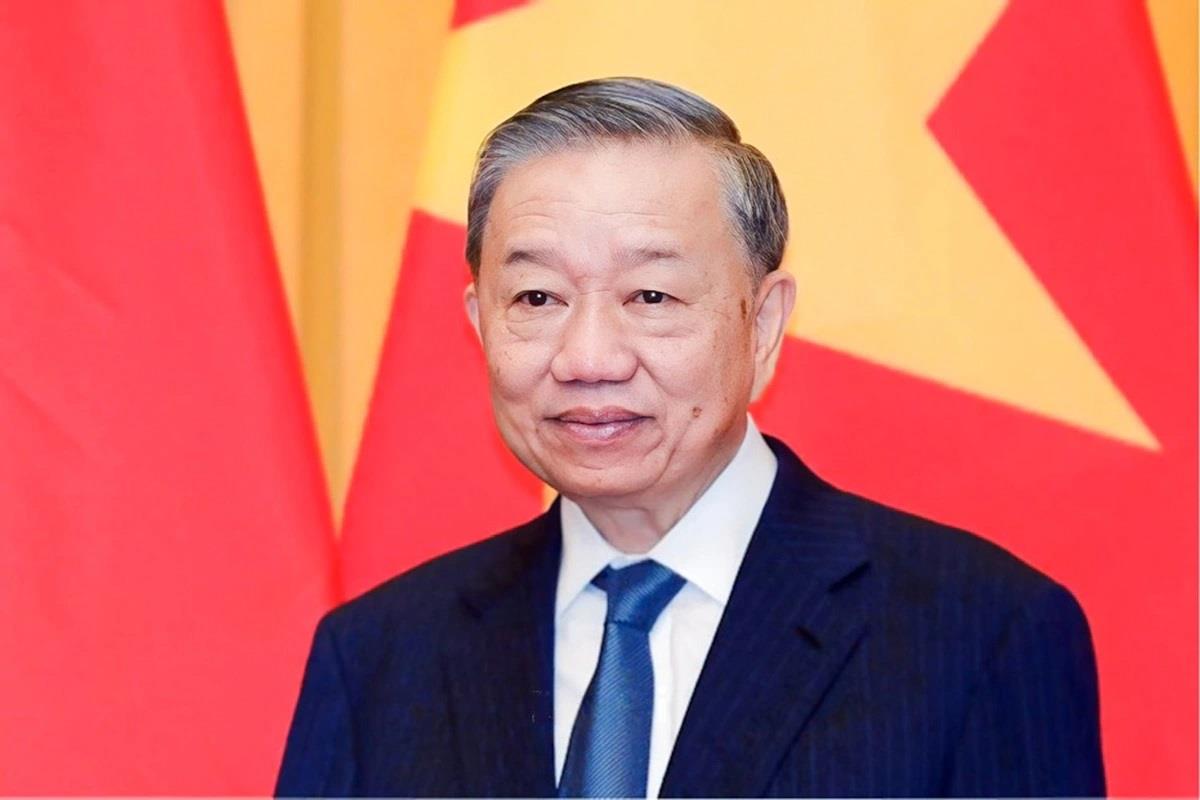
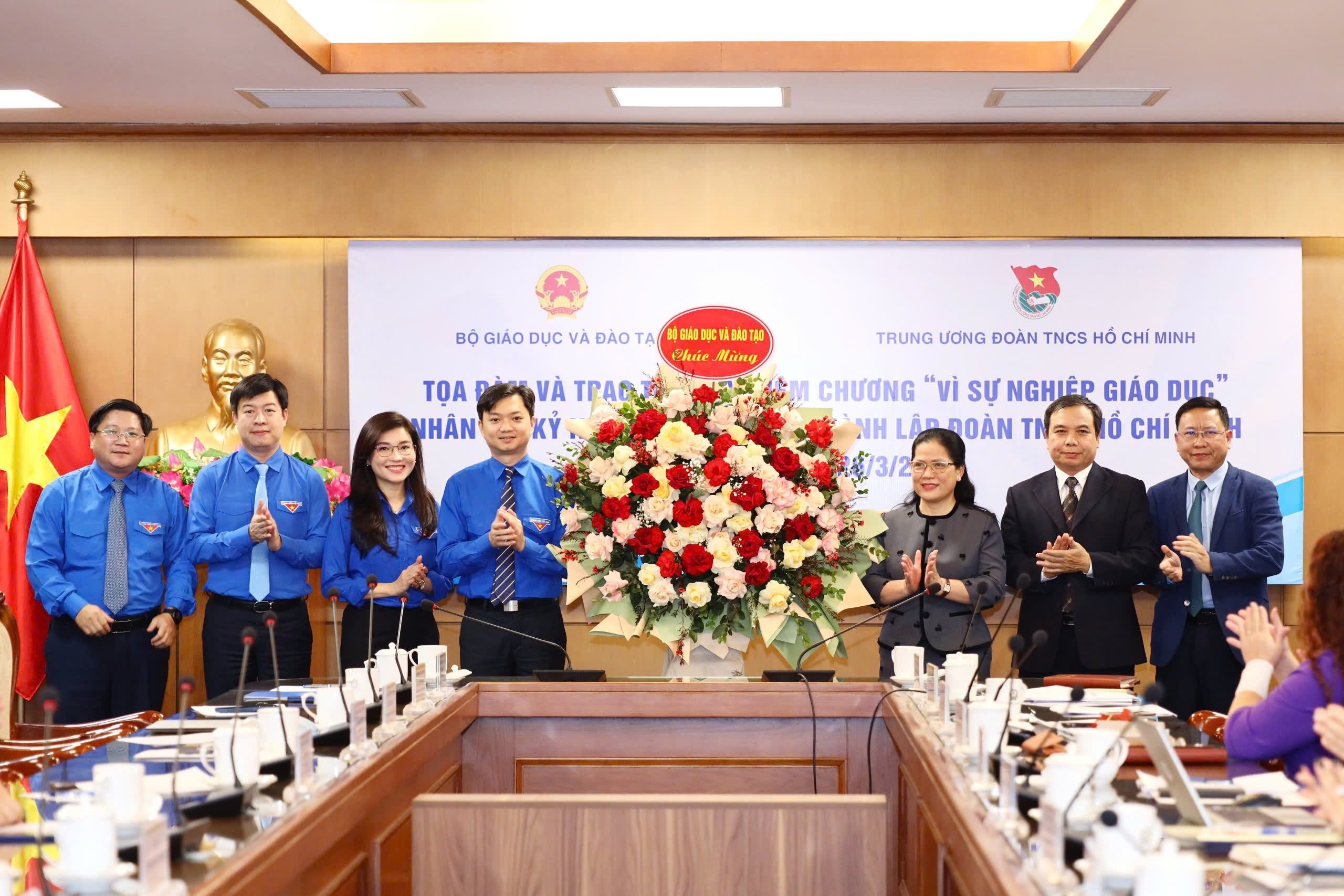

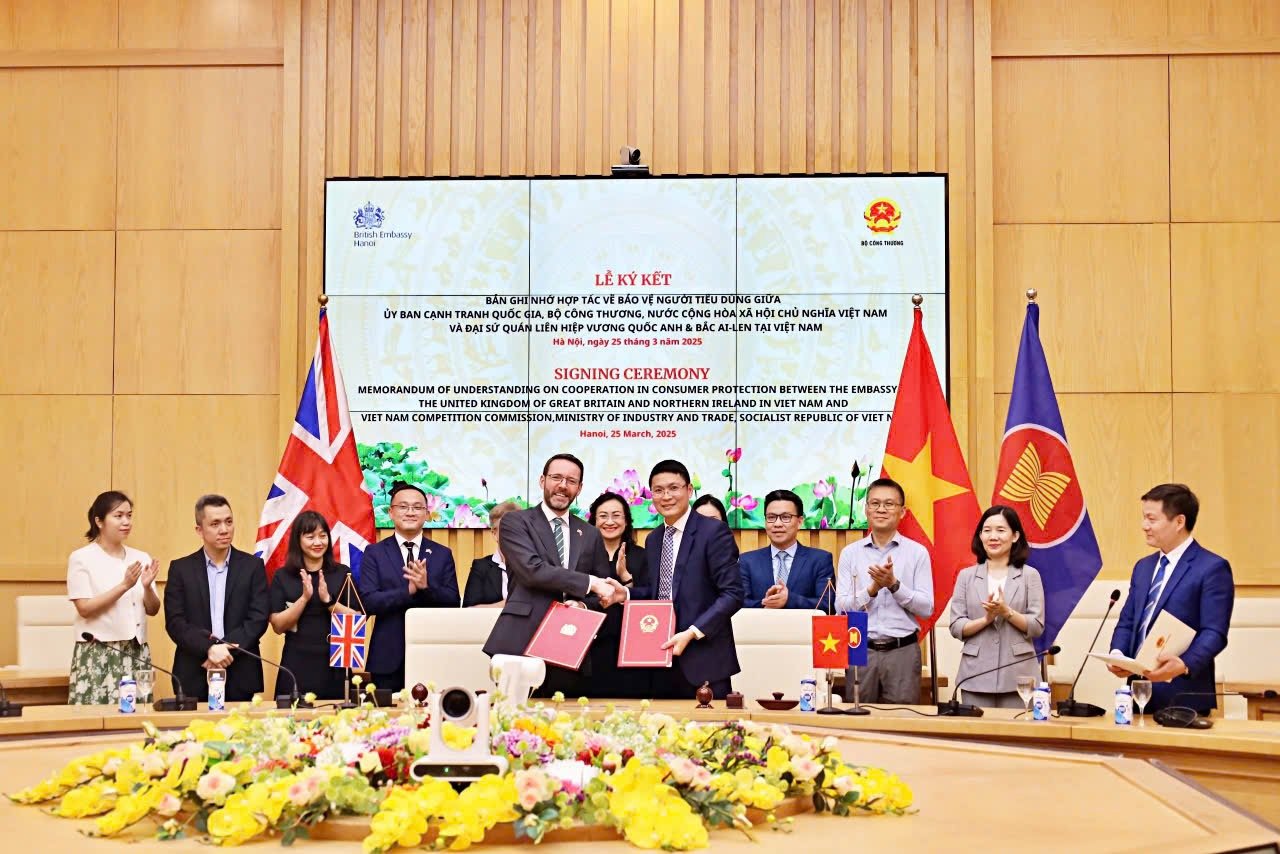

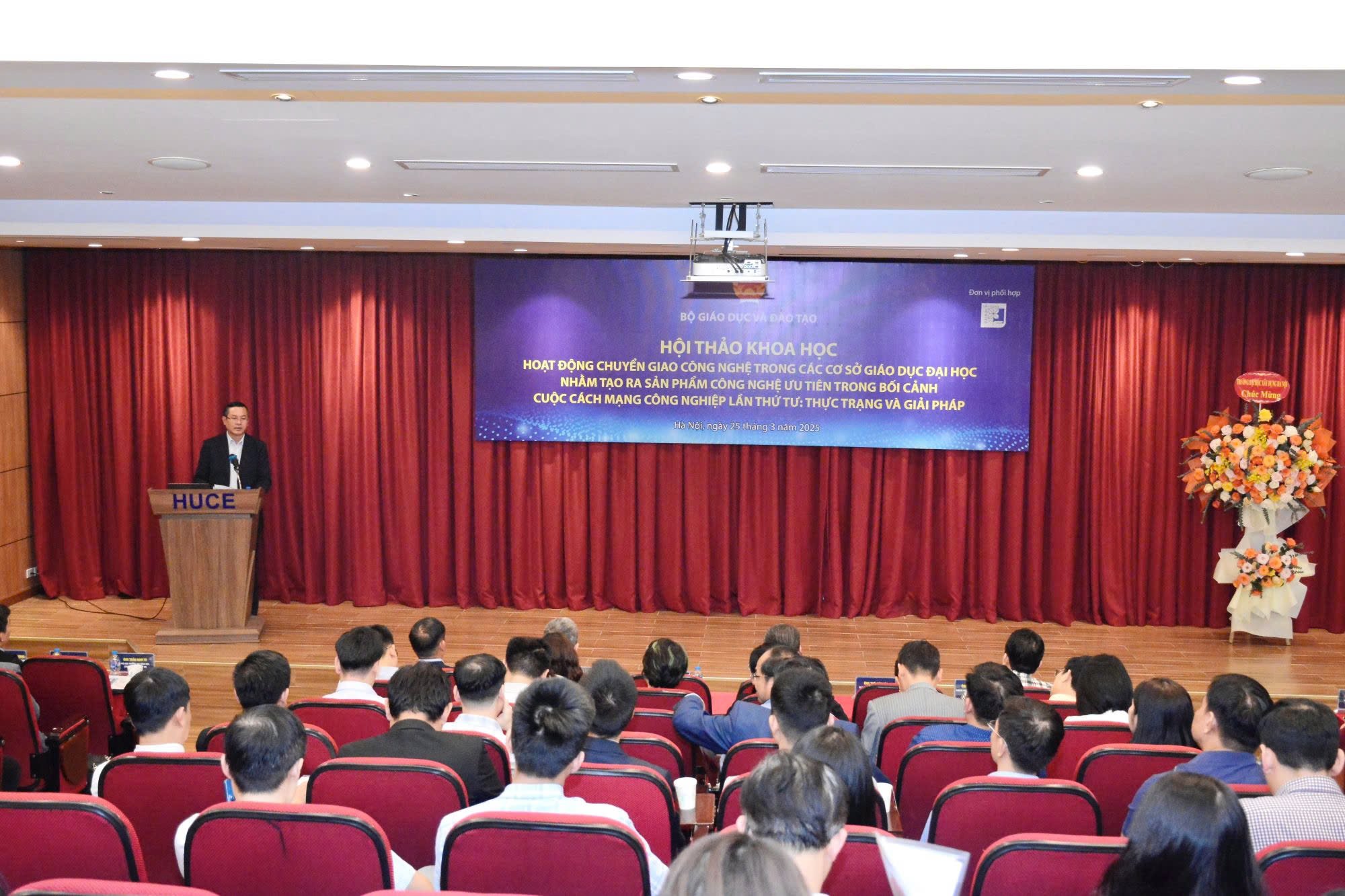


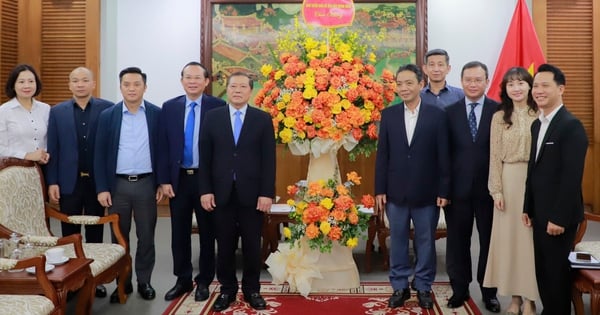

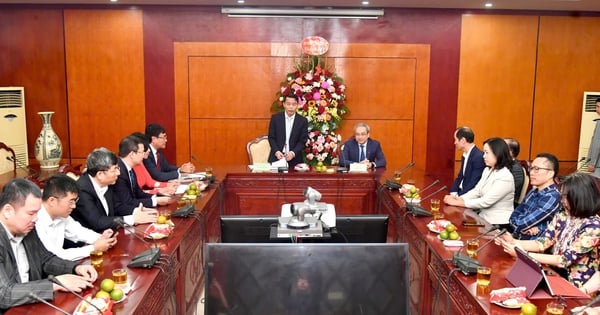
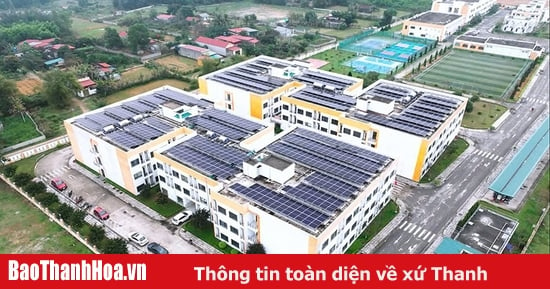
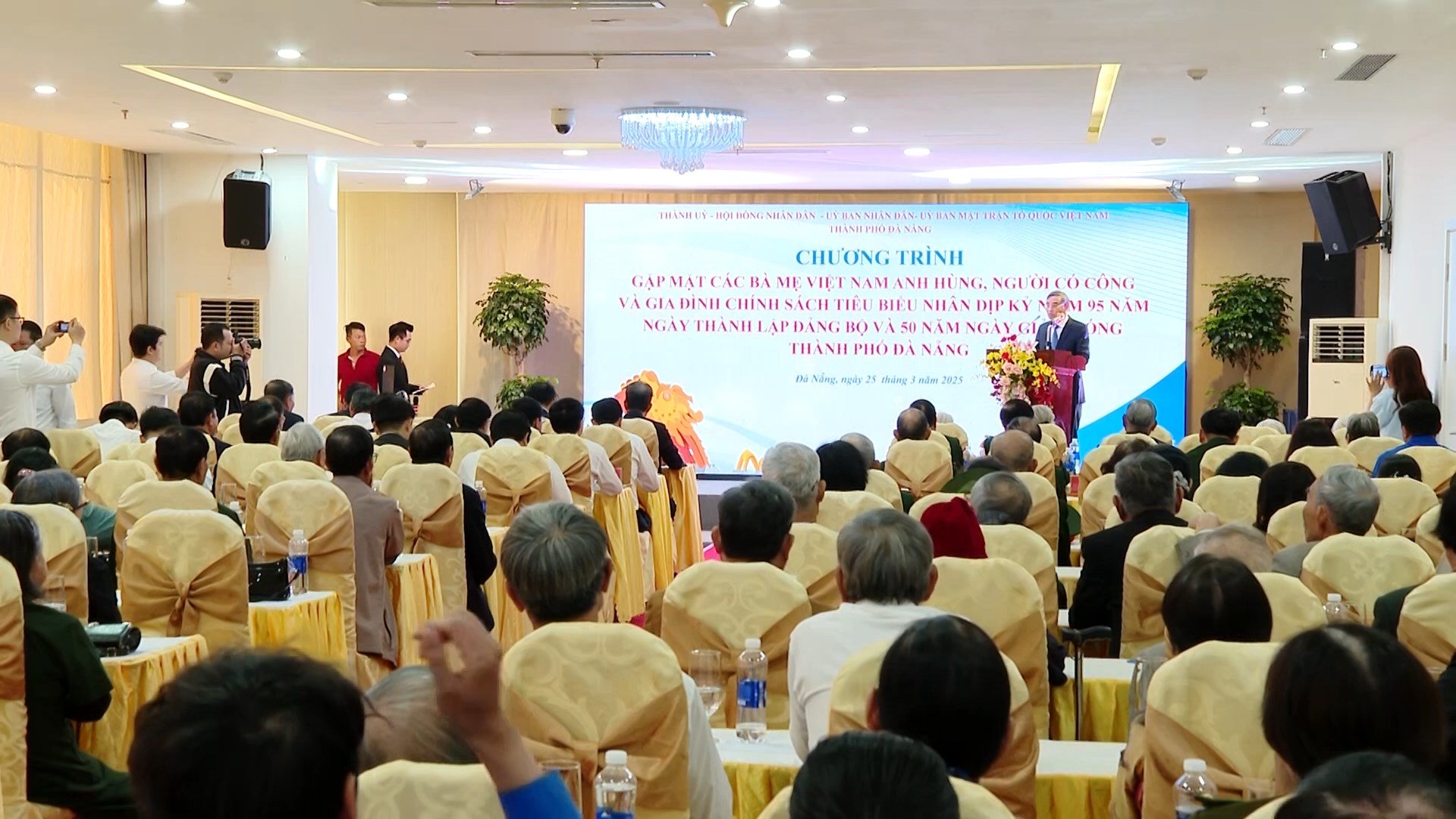

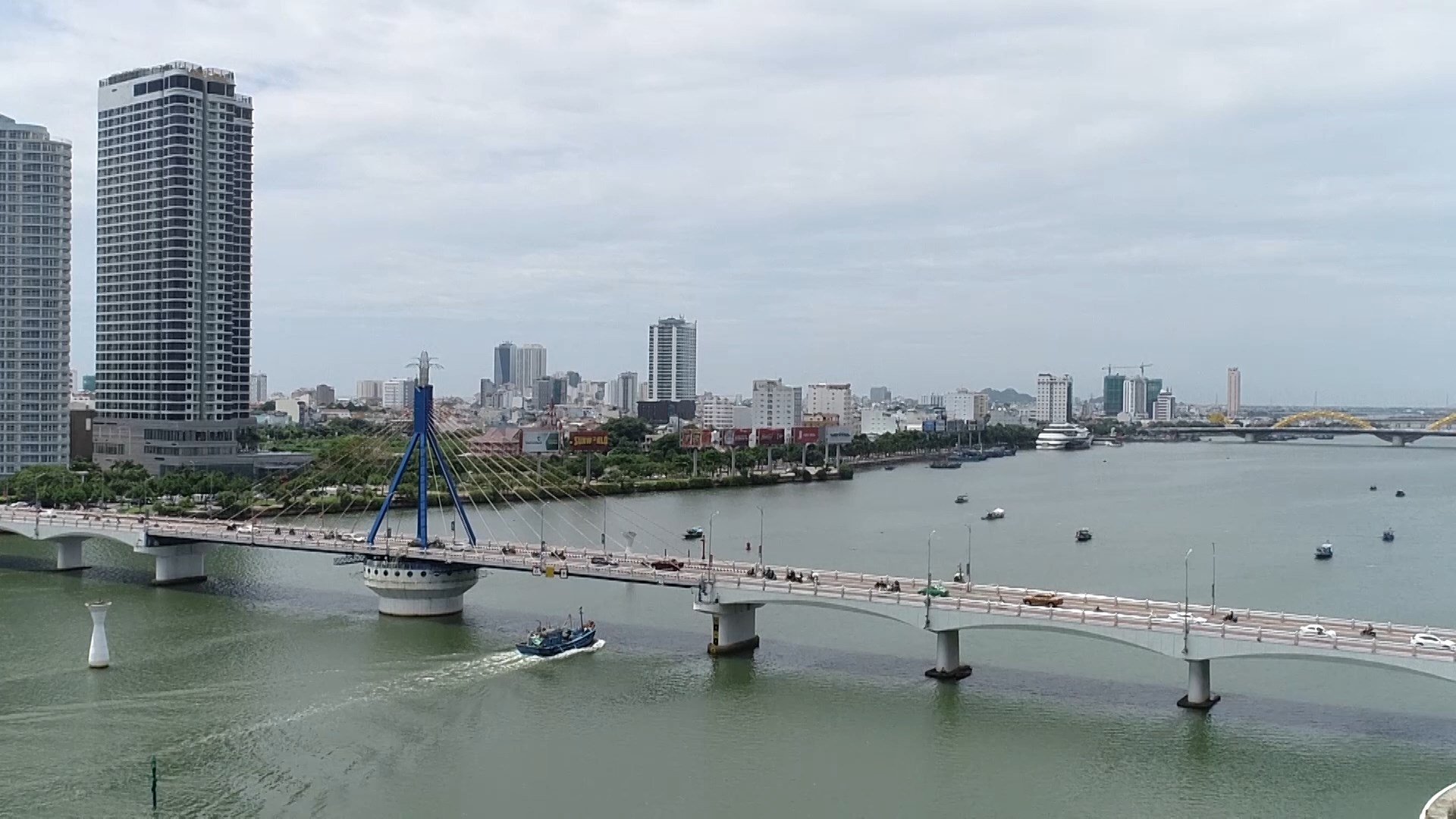

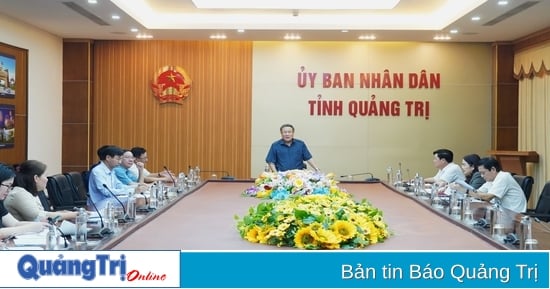








Comment (0)